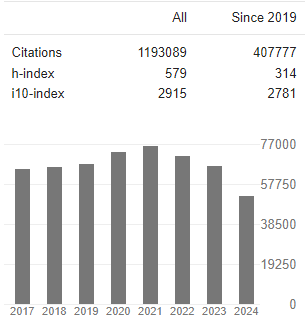Cognitive Well-being in Midlife: Counseling Approaches to Menopause-Associated Brain Fog
Abstract
Amber Shams, Maryam Shafqat, Amina Majid Khuwaja and Rabia Bibi
Cognitive changes during the menopausal transition are common among women, and they frequently cause concern regarding underlying cognitive disorders. Health-care providers have an important role in providing guidance, reassurance, and normalization of these experiences. This International Menopause Society White Paper presents an evidence-based approach to clinical decision-making and counseling. It describes the particular cognitive changes of menopause, their magnitude and duration, and the effects of estrogen and menopausal symptoms. It also provides highlight points for hormone therapy discussion, its cognitive consequences, and risk of dementia, including absolute risk considerations. Finally, it summarizes modifiable risk factors for age-associated cognitive impairment and dementia, along with pragmatic tips for maximizing brain health in midlife and beyond.





